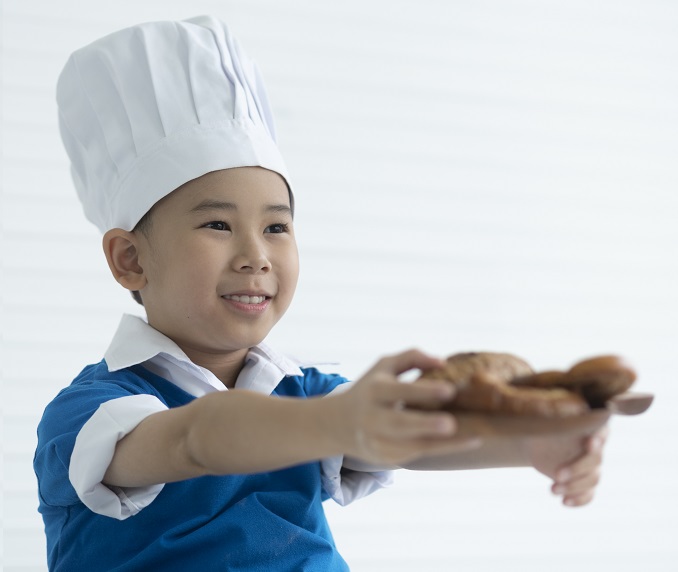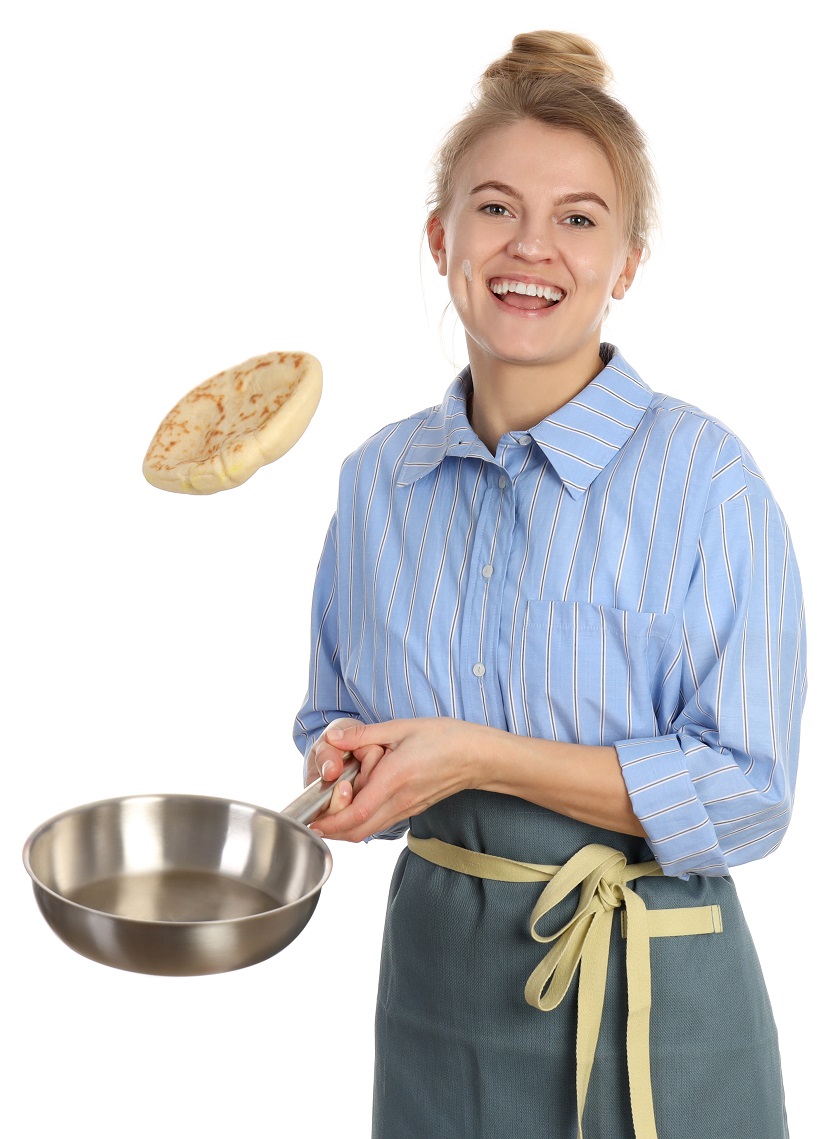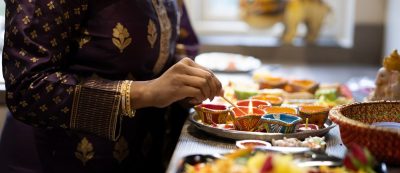School lunch planning
With diverse populations, school caterers need to take pupils of all cultures into consideration when menu planning.
Children may follow specific dietary habits and customs. They may exclude certain food groups, or need food to be prepared in a particular way according to their religious or cultural beliefs. As a result, it is hugely important to reflect cultural diversity within your school setting, and foster an environment that is welcoming to all.
Exploring new foods
Aside from accommodating multi-cultural pupils’ lunch requirements, offering diverse foods in school provides children from all ethnicities access to explore new foods. Tasting new foods broadens their horizons and can help children to oppose discrimination and prejudice from an early age.
Children should be encouraged to embrace differences with their peers rather than fear them. Thus growing up with understanding and respect for others.
Embracing different cultural beliefs and practices can go some way to creating a real sense of community amongst children whilst they are developing. This helps children to celebrate their differences and helps instil the importance of being treated, and treating others, equally.

Food around the world
Food is a great way to introduce children to different cultures and help them develop positive perspectives. Try holding tasting days, where children can try different foods and discuss the history and customs associated with them.
Cooking demonstrations are great for getting all children involved. Especially those fussy eaters, who are often reluctant to try new foods). Most children will want to taste what they have helped to prepare.
Encourage school staff and parents to share their knowledge and experience. They could share recipes or interesting ingredients for displays. Even picky eaters will enjoy being involved in investigating new ingredients and cooking equipment – such as learning to use chopsticks, and helping to create food they can later eat.
Festivals and celebrations
You can include festivals and celebrations in your planning by holding one-off special menu days. If you use our Dinner Money module, facilitating a one-off menu day is easy.
Many festivals and celebrations have food connected with them. We list a few below that can provide children with a valuable opportunity to learn about the events and the associated foods. Place the emphasis on the cultural side of the celebration, rather than the religious connotations, to avoid imposing any religious beliefs onto children.
Shrove Tuesday – pancakes
Easter – hot cross buns
Diwali – ladoo (ball shaped sweet treats)
Chinese New Year – jiaozi (dumplings)
Eid – baklava (layered dessert made of filo pastry)
Hanukkah – latke (potato pancake or fritter)
Christmas – roast turkey dinner
Vesak or Bodhi Day – milk rice pudding
Harvest festival – bread and seasonal produce

It’s not always healthy
As you can see from our list, the majority are not what you could consider healthy snacks. Therefore, be mindful that food connected with special occasions will often be high in fat, sugar and salt. You must keep this in mind when planning, to avoid exclusion (e.g. can diabetic children get involved?) and to uphold school food standards.


